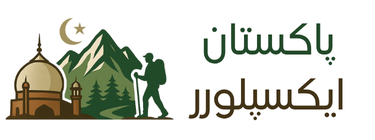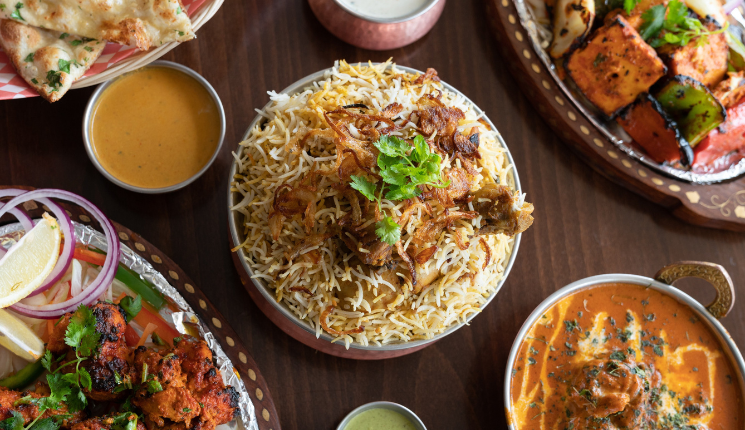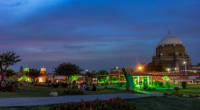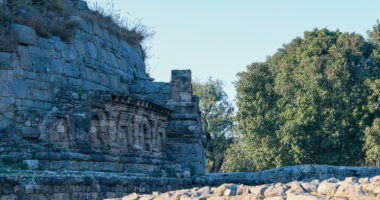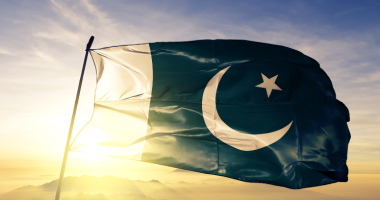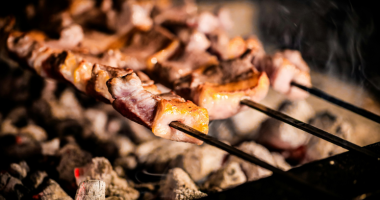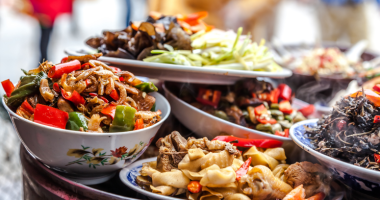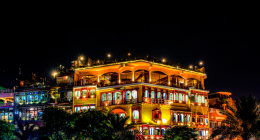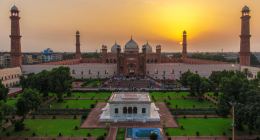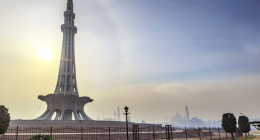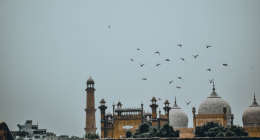Want to feel right at home while exploring Pakistan? Learning how to speak like a local is your golden ticket to unforgettable interactions and delicious discoveries. Whether it’s ordering mouthwatering food or greeting someone with genuine warmth, blending in can totally transform your trip.
Let’s explore the basics of language, cultural habits, and tasty treats that make Pakistan so unique—and show you how to fit right in!
Speak Like a Local in Daily Culture
Before you dive into phrases, it helps to understand how culture shapes conversations. In Pakistan, language reflects respect, humility, and close-knit community values.
Respect and Relationships Matter
To truly speak like a local, tone and mannerisms matter. Saying “hello” is more than a greeting—it’s often followed by a prayer for your health or family. For instance, “Assalamualaikum” isn’t just “Hi,” it’s a wish for peace.
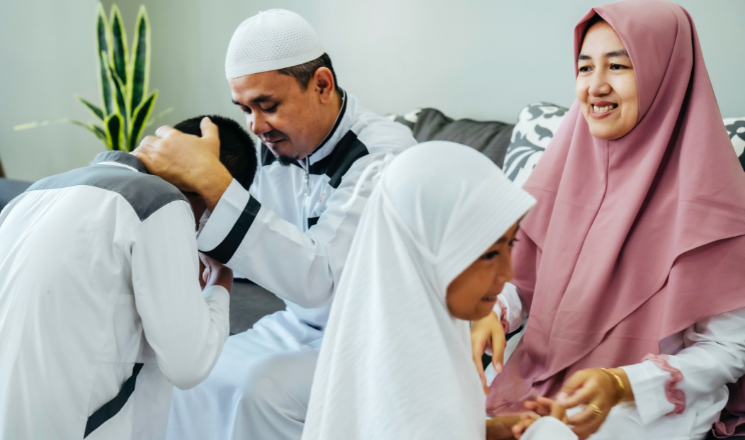
People generally speak with respect to elders and kindness to strangers. It’s not uncommon to be offered tea just minutes after meeting someone. And refusing hospitality? That’s a cultural no-no. Even if you’re full, at least try a sip or a bite—it keeps connections sweet.
Speak Like a Local Through Food
One of the fastest ways to connect in Pakistan is through food and shared meals. People love talking about food, offering it, and asking if you’ve eaten yet. Seriously—”Did you eat?” (Kya aap ne khana khaya?) is basically a love language here.
Essential Dishes to Learn and Try
If you’re going to speak like a local, start with the menu! Some words you’ll hear over and over again:
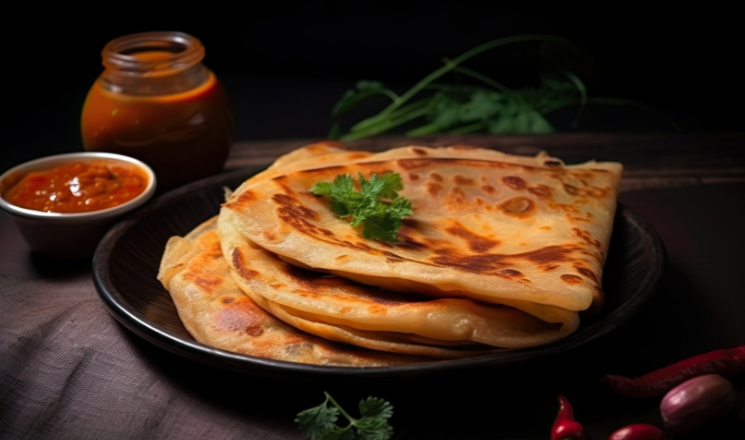
- Biryani – Spiced rice with meat or vegetables
- Nihari – A slow-cooked beef stew, usually a breakfast dish
- Paratha – Flaky flatbread, often eaten with eggs or chai
- Chaat – A mix of crispy snacks, yogurt, spices, and tamarind
Sweet dishes like jalebi, kheer, or mithai are essential at celebrations or just as a mid-day treat. Mention any of these and you’ll spark instant conversation.
Dining Etiquett
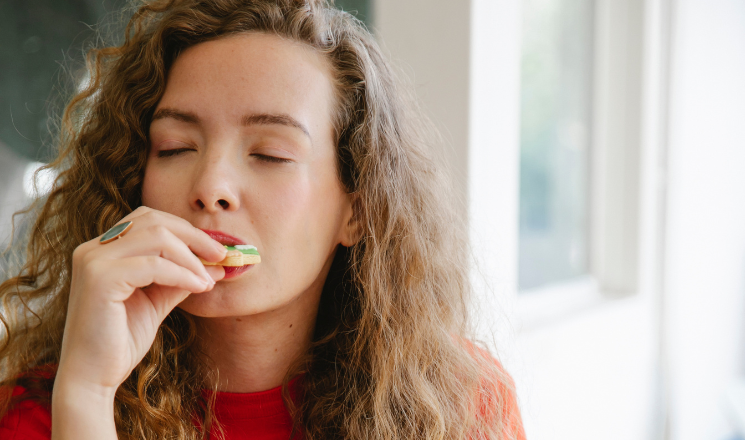
In most homes, meals are eaten with the right hand and shared on a large plate. Saying “Bohat maza aya” (That was delicious!) at the end of a meal always wins hearts. It’s a simple way to speak like a local with both words and sincerity.
Speak Like a Local: Urdu Phrases to Know
Even a few local phrases go a long way. When you try speaking Urdu, people won’t expect fluency—but they’ll truly appreciate your effort.
Basic Conversational Phrases
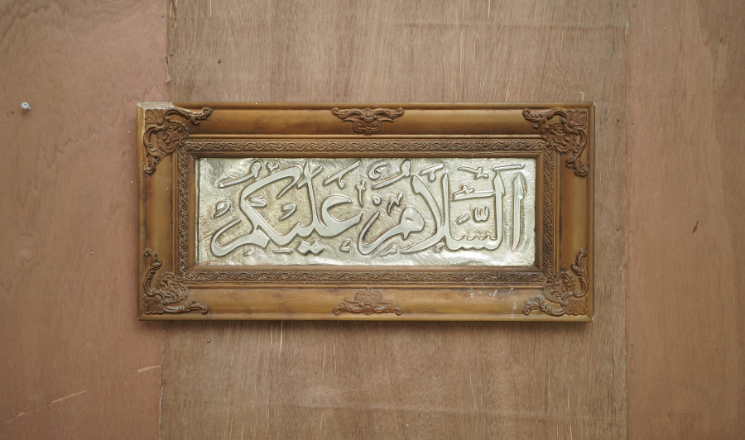
These will help you in everyday situations:
- Hello – Assalamualaikum
- Goodbye – Khuda Hafiz
- Please – Meherbani
- Thank you – Shukriya
- Sorry / Excuse me – Maaf kijiye
- Yes / No – Haan / Nahi
Want to ask for help?
- Where is the market? – Bazaar kahan hai?
- How much is this? – Yeh kitne ka hai?
Practice Helps Confidence
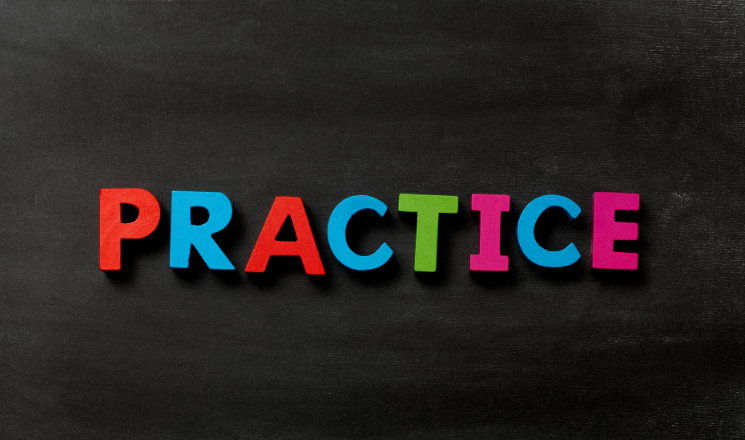
These short phrases will help you navigate taxis, restaurants, and even friendly conversations. Don’t be afraid of making mistakes—it’s part of the fun. And often, people will switch to English to help you out. But showing that you speak like a local, even a little, breaks barriers immediately.
Where to Speak Like a Local in Pakistan
Pakistan’s cities are full of opportunities to put your new skills into action. Whether you’re chatting at a market or asking directions near a historic site, being able to speak like a local enriches your whole journey.
1. Lahore – The Cultural Capital
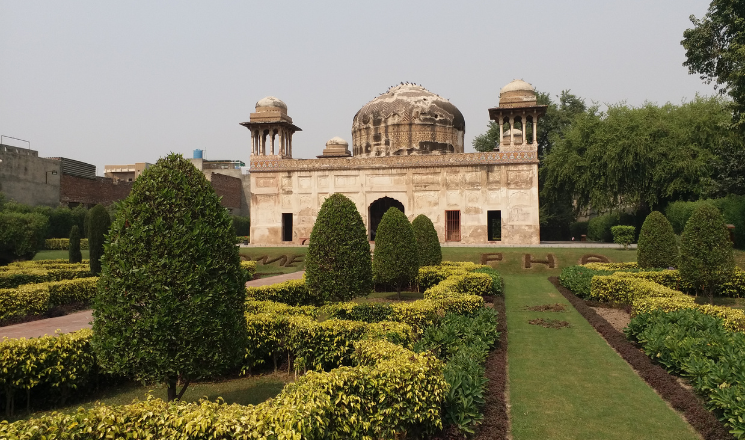
Locals in Lahore are incredibly proud of their food and heritage. Use your phrases at Food Street, or while admiring Badshahi Mosque. A little Urdu goes a long way here—especially when haggling for souvenirs!
2. Islamabad – Clean and Calm Conversations
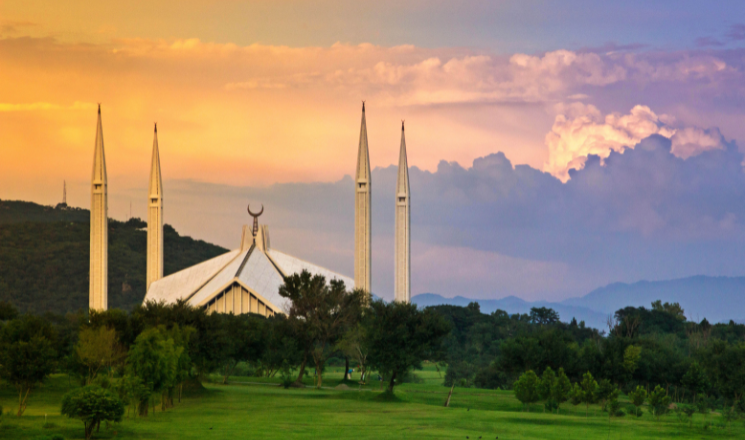
The capital city is a great place to start if you’re nervous. Most people here speak both Urdu and English. Visit Saidpur Village or the Faisal Mosque, and try ordering chai in Urdu. The smiles you’ll get? Totally worth it.
3. Karachi – Fast-Paced and Diverse
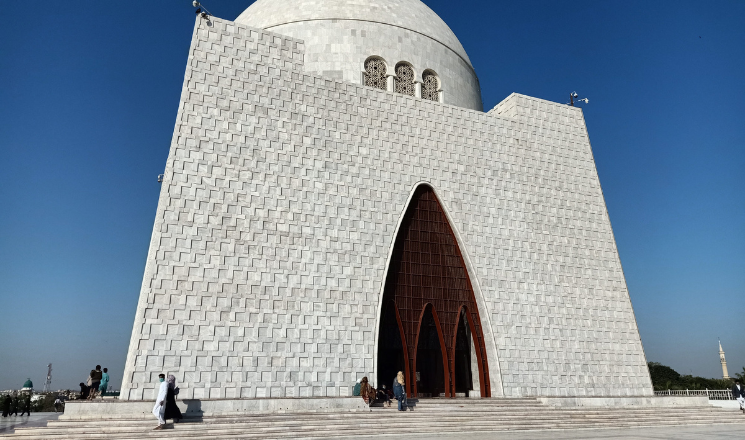
As the country’s largest city, Karachi gives you real variety. From the beaches of Clifton to spicy street food at Burns Road, you’ll meet people from all ethnic backgrounds. Listening and learning on the go? That’s how you speak like a local with confidence.
Tools to Help You Speak Like a Local
Want to keep improving while on the move? These apps and platforms make it easy to practice Urdu phrases daily.

- Duolingo – Great for casual learners and fun lessons
- Google Translate – Handy for fast word lookup
- UrduPod101 – Offers audio lessons with native speakers
- Simply Learn Urdu – Travel-focused phrasebook app
With just 10 minutes a day, you’ll be more prepared to join conversations or order your gol gappay like a pro.
Respect and Etiquette: Culture Meets Language
Besides just words, actions speak volumes. To truly speak like a local, you’ll also need to observe local customs and unspoken rules.
Mind Your Manners
Avoid pointing with your feet, never speak loudly in religious places, and be mindful of gender norms, especially in rural regions. For women travelers, carrying a scarf and dressing modestly shows cultural sensitivity—and gets you more respectful interactions.
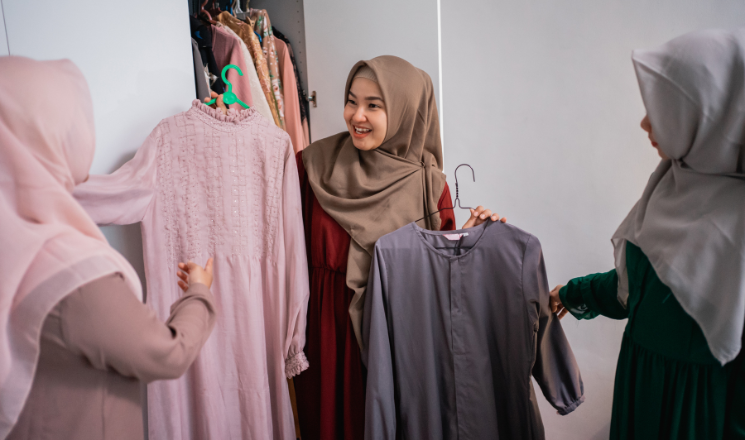
Greeting elders with Salam and placing your hand over your heart is a beautiful way to show respect. If you’re ever unsure, follow the local lead—Pakistanis are very understanding of curious travelers.
Final Thoughts: Let Your Words Build Bridges
Travel is more than visiting landmarks—it’s about meaningful moments. When you make the effort to speak like a local, you’re saying, “I respect your culture. I want to connect.”
And that, more than anything, turns strangers into friends.
So whether you’re bargaining in Lahore’s Anarkali Bazaar, sipping chai in Islamabad, or watching a cricket match in Karachi, the words you’ve learned today will serve you well.
Now go ahead—try a warm “Shukriya” the next time someone hands you a cup of tea. You’re already speaking like a local.
